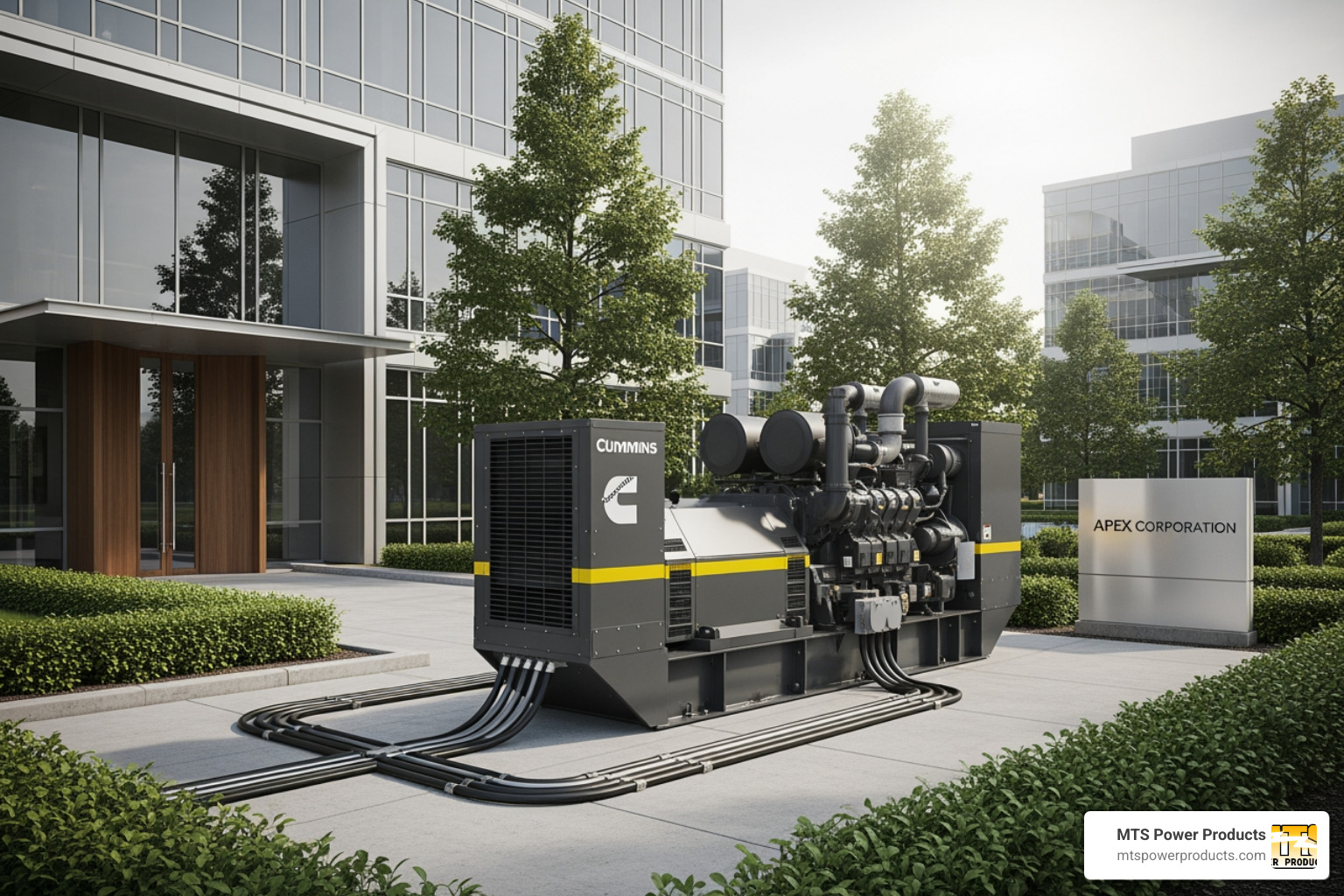
Buy Direct
from the Manufacturer
Sell our Products
Become a Distributor
Discounts
on volume purchases
Visit Us
at our Miami office
from the Manufacturer
Become a Distributor
on volume purchases
at our Miami office
The choice to buy a generator can reduce your concerns over power outages. Generators keep the lights on, the temperature controlled, the kitchen working, and the electronics charging. The catch is, you need to have one in place before the power goes out.
The reality is most people don’t decide to buy a generator until they are at a point of desperation. They wait until a storm hits and rush the process while the lights are out. Not only does this reduce the value of your investment, but it’s also extremely dangerous with potentially fatal consequences.
Rather, taking a few things into consideration and planning ahead is the best way to stay prepared for a power outage. Here’s what you should determine before you buy a generator set.
Different generators are designed to handle different power requirements. Depending on their output, they can only power a few appliances at a time all the way up to a whole house. A general standard, to begin with, is about 5,000 watts for the essentials.
It’s also helpful to label your circuit breaker before experiencing an outage.
Assuming you are powering your home, the two main options to buy a generator are home standby generators and portable generators. Home standby generators typically run on natural gas or propane and require a permanent installation. These are considered a lucrative investment by many because they can increase your property value, have a power output from 5,000 – 20,000, and are designed to automatically turn on as soon as the home loses power.
Portable generators, on the other hand, are available in many different sizes and can be moved around. Although they cost less than standby generators, they come with certain limitations. A portable generator must be kept a minimum of 15 feet from the house, can’t be in an enclosed area, has to be covered during the rain, and will generally require manual start-up.
One of the most common questions we get is if a client needs a transfer switch. The short answer is yes. Generator transfer switches increase safety by properly connecting the set to your circuit panel. It’s recommended that you have an electrician professional install the generator transfer switch. If you’re considering a standby generator then you will want to get an automatic transfer switch. This allows the set to automatically turn on instead of having to go outside and manually switch it yourself during an outage.
Facebook | Twitter | Google+ | YouTube